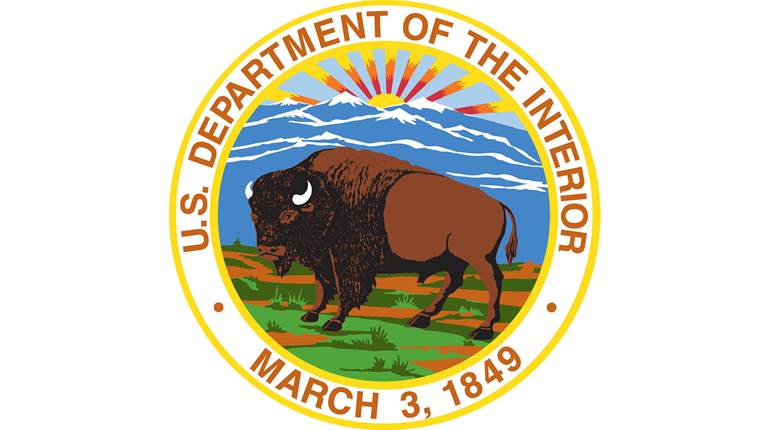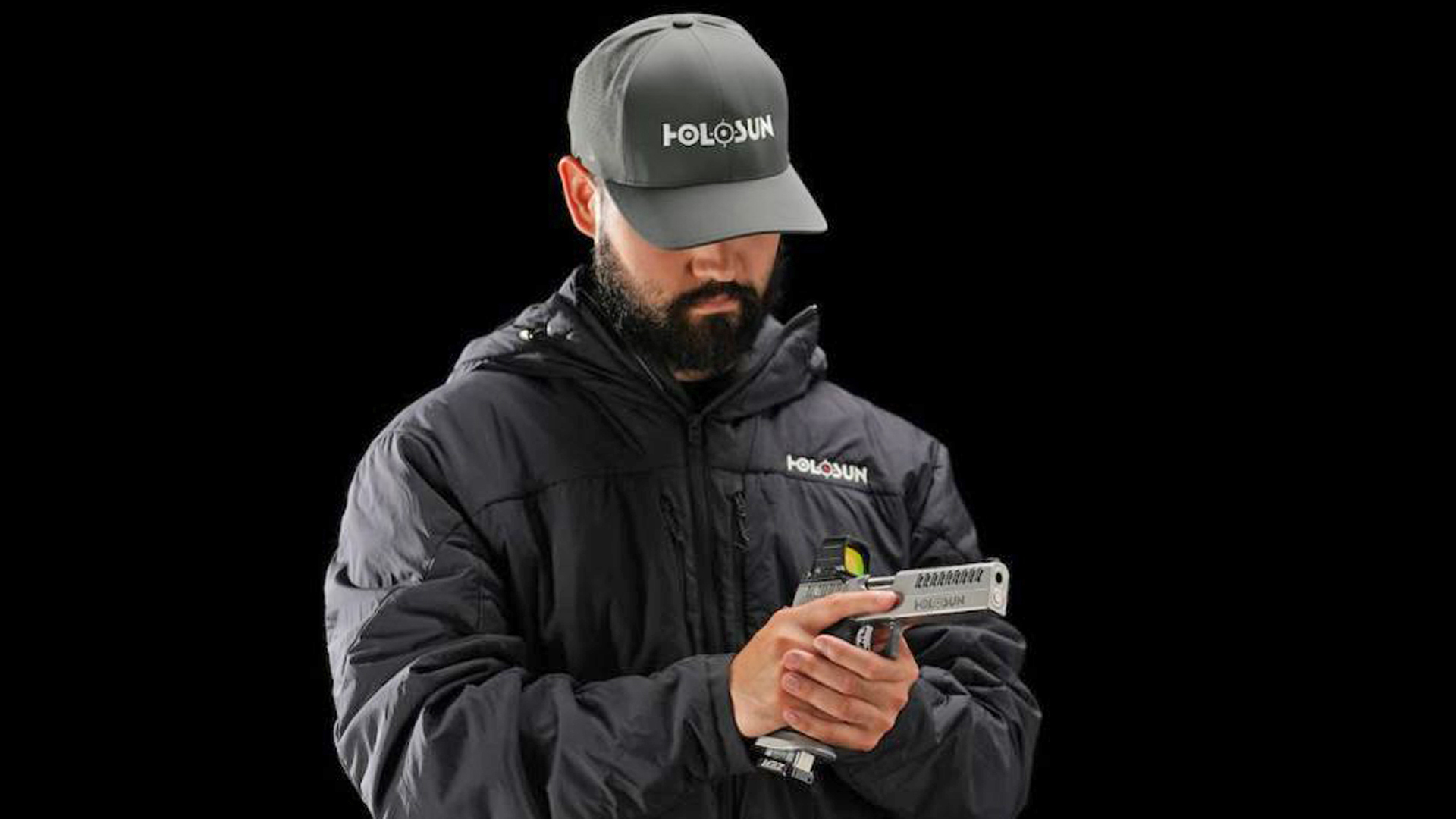
Hat tip to those who protect and serve in Baltimore, Md. Their actions during a hack into their 9-1-1 system on Saturday—that resulted in no slowdown in police response time, according to the Baltimore Sun—deserve the praise of us all.
Authorities even identified the affected server and isolated it from others before the infection spread. Location and caller information was relayed manually, instead of automatically, to first responders during the shutdown. Their fast-thinking action and dedication undoubtedly saved lives. CBS News is reporting the computer outage lasted 17 hours. To put the volume of emergency calls the city receives in perspective, visit Open Baltimore’s website’s minute-by-minute roll tally. It’s staggering.
Atlanta wasn’t quite as lucky when it was hit with Ransomware a few days earlier. CNN reported that unnamed sources said hackers were demanding $51,000 in bitcoin to unlock the files. Customer and resident systems and services were primarily impacted, and apparently the municipality’s emergency systems were spared.
Hollywood’s Presbyterian Medical Center paid $17,000 in bitcoin in 2016 after it fell victim to a similar ransomware attack. Last year, IT systems in North Carolina’s Mecklenburg County were shut down by a hacker.
The number of similar incidents only promise to spread, and sooner or later will affect critical infrastructure, including water and power. On March 15, 2018, the New York Times reported that, “The Trump administration accused Russia on Thursday of engineering a series of cyberattacks that targeted American and European nuclear power plants and water and electric systems, and could have sabotaged or shut power plants off at will.”
Law-abiding citizens who own a firearm as part of their survival kit should get training and practice. Everyone should prepare to some extent for the unthinkable—especially now that all it takes is the push of a button on the other side of the earth. Visit Ready.gov for a handy list of items that’ll help you and your family ride out the storm, whether it’s a natural disaster or increasing chance of cyber calamity.






































